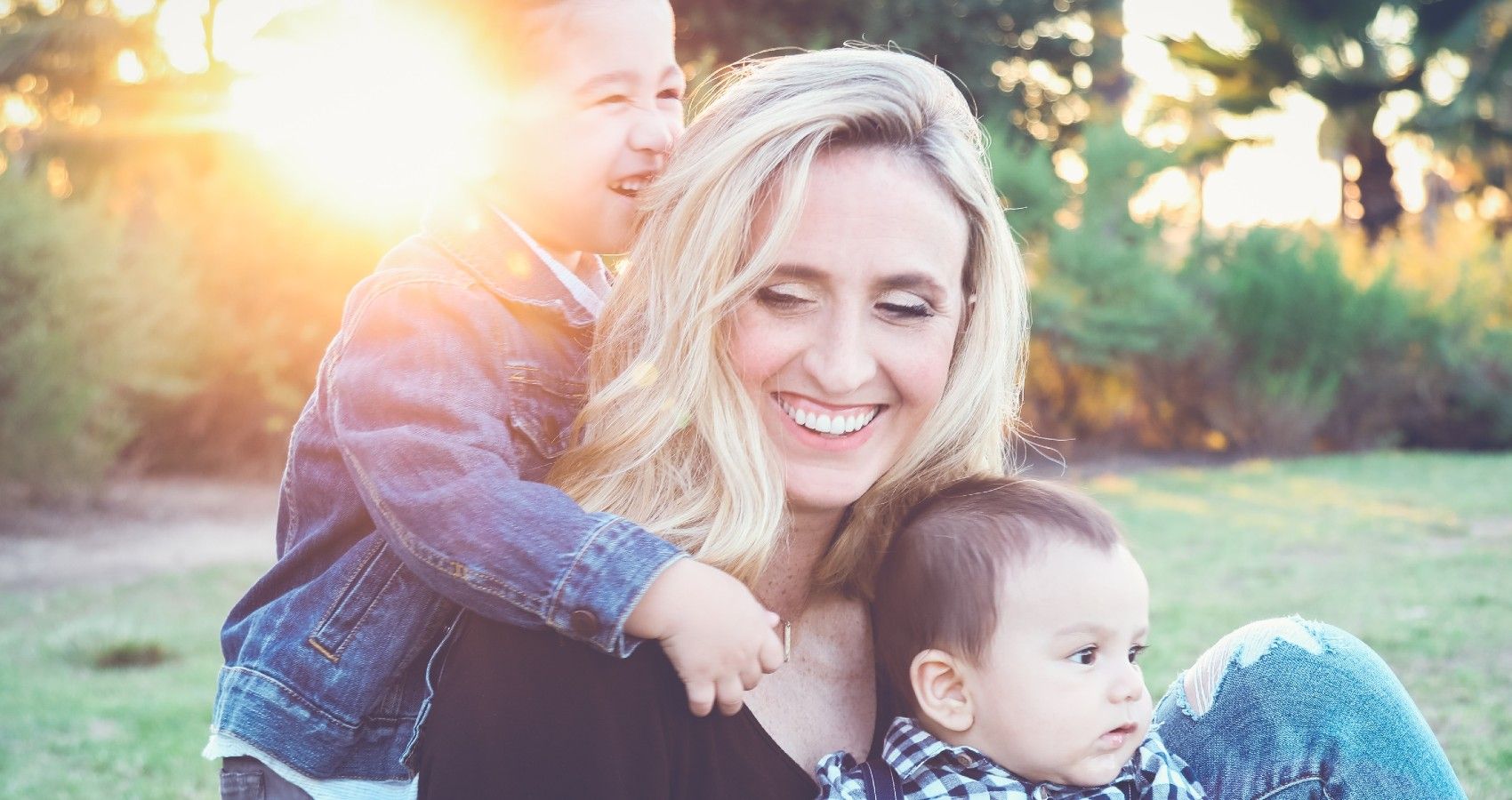Parenting and parenting styles are all different, and that is what makes motherhood so unique. Every mom is on the same journey, but the route they take is vastly different because mom has to do what works for her individual family. This means that moms can adapt certain personalities and traits and use them in their parenting. These styles may also change over time as her children grow and change themselves based on their needs and personality.
There are moms who take a gentle approach to parenting that relies a lot on validating emotions and communication. Moms who are stricter, and have schedules and like order in their house, but still understand a child’s need to be creative and free. Then there are moms who have a tendency for controlling behavior, and this may be seen as the least ideal form of parenting because it can have some serious mental health impacts on children.
Is Mom Controlling?
Sometimes, we can do certain things and act a certain way and not even realize that we are being “controlling,” and it is impossible to make any changes if we don’t notice a behavior is happening. According to Parenting For Brain, there are two types of parental control, and that is behavioral control and psychological control.
Behavioral control is referring to the direct management of a child’s behavior. This is a result of a parent feeling like they need a child’s behavior to conform to what a societal norm is, and they do this by disciplining behavior, watching where they are at all times, and even having an eye on their social life. Psychological control is controlling a child’s emotional and psychological development. They invalidate a child’s emotions and psychological presence and they are typically not responsive to their child’s emotional needs. They don’t respect the fact that their child is their own person and not just an extension of the parent.
The Harm
Being a controlling mother has a large impact on a child’s mental health. According to Very Well Family, there are some real consequences for controlling behavior and one of the biggest is the fact that children are exhausted by this method of parenting. A controlling parent will often enroll them in a lot of activities that they deem essential for their growth and well-being.
It also hinders a child’s ability to be creative, because they are constantly being told what to do and what not to do. This does not allow them the ability to think for themselves and problem solve when they encounter problems in the real world. Children will also grow fearful of making mistakes, and making mistakes is a vital part of development, at any age, and they are healthy for child development. A controlling parent is also likely dealing with some anxiety, and children can pick up on that and a nervous mother can breed a nervous child. A study that was published in the Journal of Social and Clinical Psychology, found that children who grew up with controlling parents were at an increased risk of depression and anxiety.
How To Stop
While controlling mothers are often painted in a negative light, it is likely that mothers take on this role because they feel it is in their child’s best interest. They are trying to make sure that their child is safe and has every opportunity available to them. However, it is important to recognize the signs where mom may be a bit too intrusive and try and lessen the control over your child. There are some ways to do that.
According to Imom, the best thing you can do is recognize that independence is the best way to give your child a healthy grounding in responsibility. When we allow our children to have some independence, in a safe space, we are giving them the tools to make decisions as an adult. Mom can start thinking of herself as a “guide” instead of a “boss.” It is also important to let children have their own opinion. They may be younger and smaller, but they are their own person and they do have their own thoughts and ideas about things. Open up communication and hear their opinions on family events and the daily schedule. This doesn’t mean that they make all the decisions, but they feel included and like they have a say. Children who grow up feeling like they are being controlled by their “helicopter mom" can have a tendency to rebel when they are a teenager, and this means that it can hinder the relationship between child and parent. It is much better to work together as a team, and everyone would be happier.
Sources: Parenting For Brain, Very Well Family, Guilford Journals, Imom

